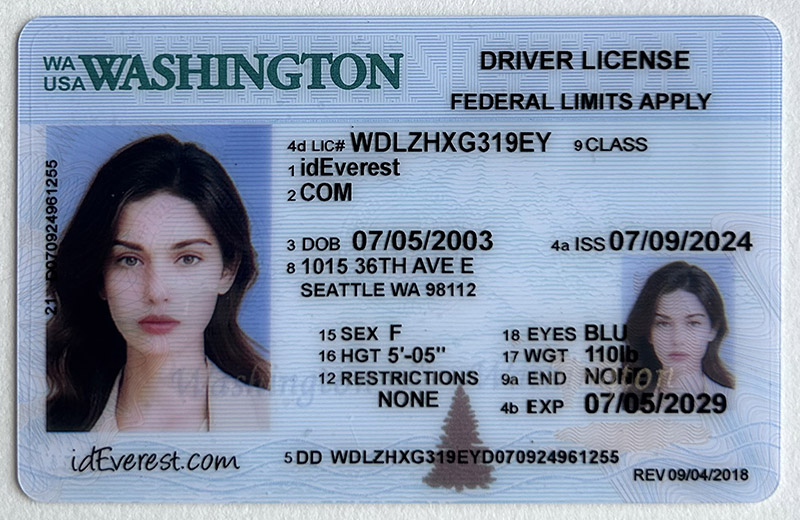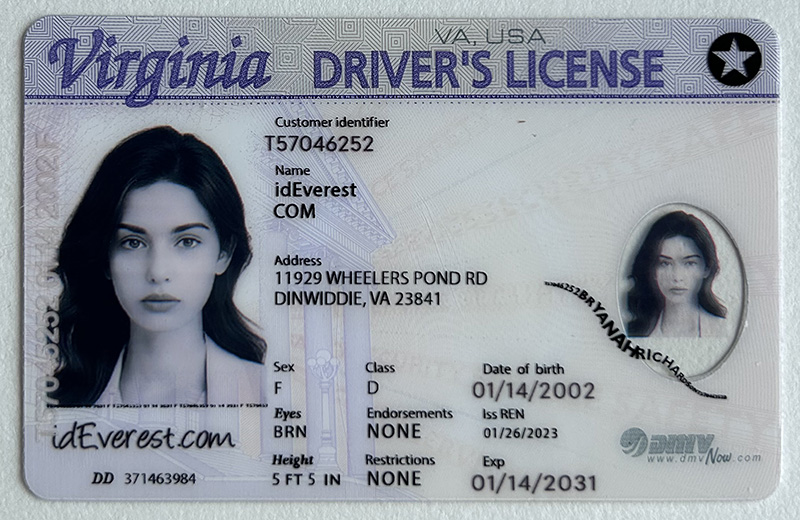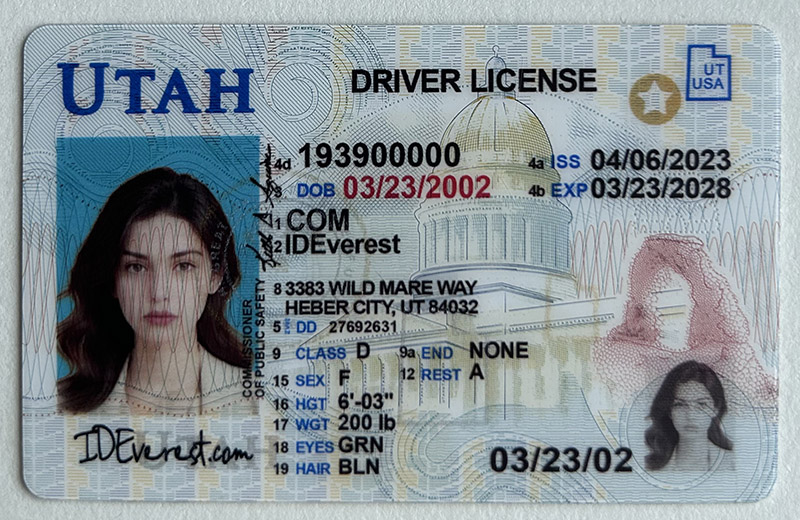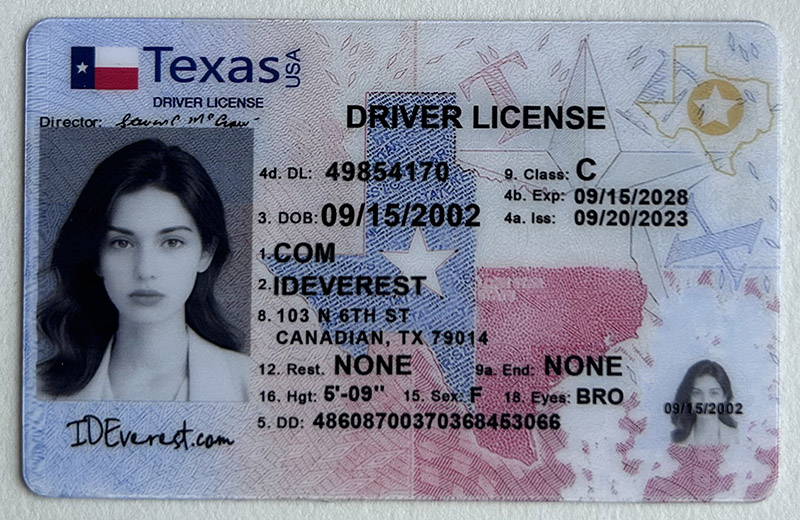can i use my address for a fake id
Fake ID Usage Guide: Can I Use My Address for a Fake ID?
Introduction
The topic of fake IDs has garnered increasing attention, particularly among younger audiences and individuals looking for quick ways to bypass age restrictions, obtain services, or for personal reasons. One common question that often arises is: Can I use my address for a fake ID? The answer to this query has a lot to do with the purpose and intent behind using a fake ID, as well as the potential risks and legal implications. In this comprehensive guide, we’ll explore the concept of fake IDs, including product descriptions, key features, frequently asked questions, real user reviews, and common issues faced when using fake IDs. We’ll also discuss whether using your real address on a fake ID is advisable and the best solutions if problems arise during its usage.
Product Overview: What Is a Fake ID?
A fake ID is a forged document designed to replicate a legitimate government-issued identification card. The most common type of fake ID is a driver’s license, but fake versions of passports, work permits, and student IDs also exist. Fake IDs are typically sought by underage individuals looking to gain access to age-restricted venues like bars or clubs or to purchase alcohol and cigarettes. Others use fake IDs to hide their real identity for reasons ranging from personal privacy to more nefarious purposes.
While fake IDs may appear authentic on the surface, they are illegal in most jurisdictions. The quality of these IDs can vary significantly, with some being highly sophisticated, incorporating features like holograms, barcodes, and magnetic strips. Others are far more basic, easier to detect, and are therefore riskier to use.
Key Features of Fake IDs
Fake IDs vary in their quality and attributes, depending on the provider and the level of authenticity desired. Below are some of the common features of fake IDs:
1. Custom Information
Fake IDs often allow buyers to customize essential details such as name, address, date of birth, and sometimes even appearance-related information like height or eye color. However, this flexibility brings forth the common dilemma: Can I use my address for a fake ID? We'll explore this question later in the article.
2. Advanced Security Elements
High-end fake IDs may include security elements that are typically present on authentic IDs, such as:
- Holograms that shift in appearance when viewed at different angles.
- UV (ultraviolet) ink visible only under black light.
- Barcodes and magnetic strips that can be scanned like real IDs.
- Raised text and microprinting to mimic the texture and intricate details of genuine IDs.
3. State-Specific Templates
Providers often offer IDs that replicate specific states or countries, complete with the design nuances of those jurisdictions. This is important since using an ID that looks out of place geographically increases the likelihood of detection.
4. Scannable IDs
Some advanced fake IDs can pass through ID scanners, which are commonly used at bars, clubs, and convenience stores. This level of sophistication can help the user get past routine checks, but not all fake IDs are scannable.
5. Price Variability
Fake IDs range widely in price. Basic ones without security features might cost as little as $50, while higher-end versions could go up to $200 or more, depending on their quality and features.
FAQ: Can I Use My Address for a Fake ID?
A frequent question from users is whether they should use their real address when ordering or creating a fake ID. Here's what you need to know:
1. Why Use a Real Address?
Some people opt to use their real address on a fake ID to make the document seem more authentic. If the address appears in a location that matches the issuing jurisdiction (for example, using a New York address for a fake New York ID), this can give the ID a veneer of credibility during casual checks.
2. Risks of Using a Real Address
Using your real address can potentially expose you to greater legal risks. If caught with a fake ID, law enforcement could trace the address back to you. Additionally, in the case of more serious offenses (e.g., identity theft or fraud), this could have far-reaching consequences. Some individuals prefer to use a fake address to distance themselves from the document entirely, but this also comes with risks—if the address seems suspicious or doesn't match your details, the ID might be flagged as fake.
3. Best Practice
The safest approach when considering whether to use a real address is to understand your risk tolerance. If privacy is your concern, avoid using your real address. However, if you are looking for greater authenticity, using a real address that you have access to (such as a friend's or relative's) may help avoid suspicion.
User Reviews: What Do People Say?
Positive Experiences:
Many users have shared their experiences using fake IDs with varied levels of success. Those who have purchased high-quality fake IDs with scannable features often report positive outcomes, gaining access to bars and clubs without any issues. A user in New York said:
"The ID looked legit, passed a scan at the bar, and had all the right security features. I used my real address just in case someone asked for backup proof. No problems at all."
Negative Experiences:
On the flip side, many users report difficulties when using lower-quality fake IDs. A frequent issue involves failing to pass under ultraviolet light checks, or getting caught due to mismatched addresses. A reviewer from California noted:
"I tried using a fake ID with a random address, and the bartender immediately flagged it as suspicious. They even asked for a second form of ID, which I obviously didn’t have. It’s risky to use a fake address unless you’re sure no one will ask questions."
Issues Encountered During Use and Solutions
Using a fake ID isn’t without its challenges, and there are common problems users encounter when attempting to use them. Below are some of the common issues and potential solutions:
1. Failing Scanning Machines
- Problem: Some fake IDs don’t pass through scanners or security checks, leading to detection.
- Solution: When purchasing a fake ID, make sure it has scannable features like a barcode or magnetic strip that can pass standard scanning protocols used in clubs or stores.
2. Suspicious Address
- Problem: Using a random or fake address could raise suspicion, especially if the establishment checks ID consistency.
- Solution: Consider using an address that matches the location of the issuing state. Alternatively, avoid venues known for rigorous ID checks.
3. Low-Quality Production
- Problem: Lower-quality fake IDs may lack critical security features like holograms or UV ink, making them easy to spot as fakes.
- Solution: Always opt for higher-quality IDs from reputable sources, even if they are more expensive.
4. Legal Repercussions
- Problem: If caught, you could face legal penalties ranging from fines to criminal charges.
- Solution: Be aware of the legal risks before using a fake ID. It’s essential to weigh the pros and cons, and understand the potential for serious consequences.
Conclusion: Is It Worth Using Your Address on a Fake ID?
To conclude, using a fake ID always comes with inherent risks, whether it involves legal repercussions, detection by scanners, or suspicion due to mismatched information. When it comes to using your address, the decision depends on your personal level of risk tolerance. If authenticity is your main concern, using a real address could help make the ID appear more legitimate. However, this also opens you up to increased scrutiny if caught.
For those considering obtaining a fake ID, it's crucial to focus on quality, understand the risks involved, and have a plan for handling any issues that may arise during use. Always remember, while a high-quality fake ID might provide short-term benefits, the potential long-term consequences could outweigh any temporary advantages.
In the end, using your real address on a fake ID is a personal decision that should be made carefully, with an understanding of the possible risks involved.
 Authentic Scannable Washington
Authentic Scannable Washington
 Authentic Scannable Virginia
Authentic Scannable Virginia
 Authentic Scannable Utah Fake
Authentic Scannable Utah Fake
 Authentic Scannable Texas Fake
Authentic Scannable Texas Fake